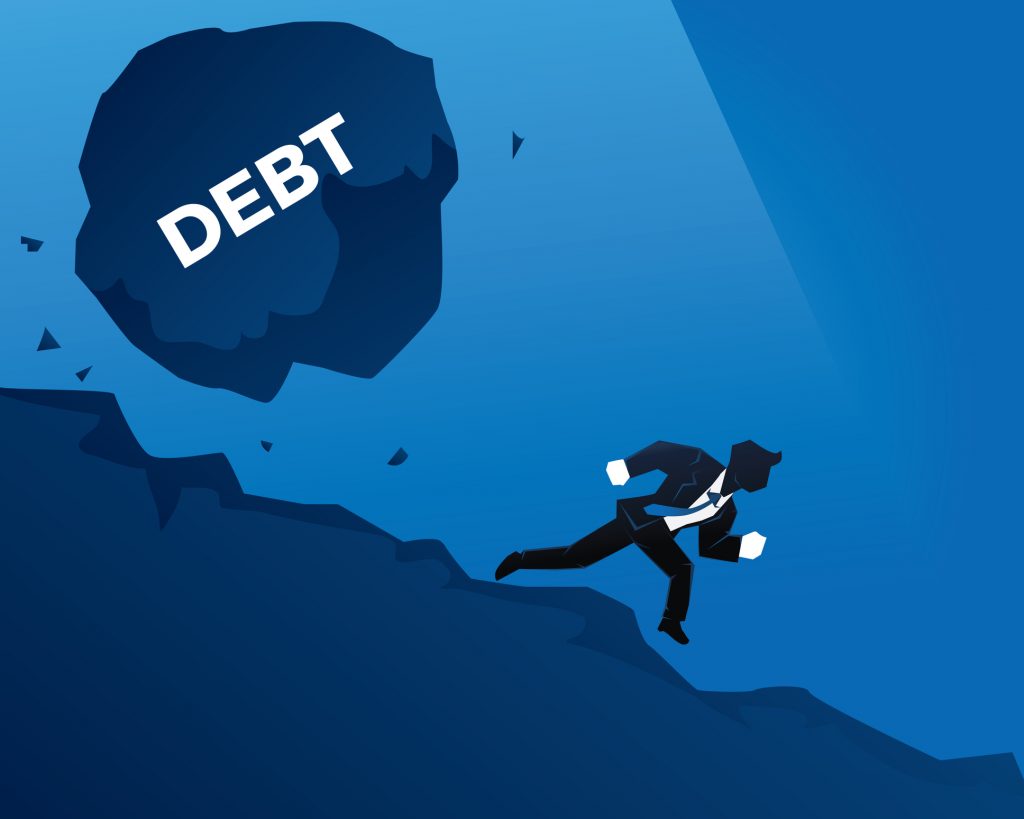If you live in a country that makes use of capitalism, then the chances are that you’ve already faced an economic recession at least once in your life so far. While nobody wants to have to deal with them, they’re an unfortunate part of how most economies work – they’re the counterpart to the same books that uplift so many people.
We’re currently in the middle of one of the largest financial recessions of all time, and while it was exacerbated and accelerated by the global pandemic, it was a recession that had been in the works for a number of years. You can’t prepare for the current recession, but you can begin to make specific plans to ensure that when the next one rolls around, you’ll be more than ready for it.
Make An Emergency Fund
One of the worst aspects of a recession is the large loss of jobs that occurs just before and during, which means that a lot of people are going to need to rely on their savings to get by. This is why it’s a good idea to start putting money into an emergency fund every month. It needs to be an account that’s only ever used when there’s a true emergency and should otherwise not be used to pay for anything else if possible.
Eliminate All Debt
Like recessions, debt has become an intrinsic part of the economic system, and while it’s not always a bad thing to be in a bit of debt, it doesn’t take much for that debt to snowball and become overwhelming. If economists are predicting that a large recession is on the horizon, it’s a good idea to start focussing on eliminating as much debt as possible. Credit cards, overdraft fees, and loans should be settled in good time. This isn’t always possible – such as when paying off a mortgage – but removing the high-interest debts wherever possible will make all the difference when trying to save as much money as possible while also putting aside enough for a little extra something for you.

Fill Out Your CV
If the worst occurs and you do lose your job, you will want to be prepared to start looking for another as soon as possible, and this is a process that can be made much easier by having an impressive CV on hand. There are countless ways to add to your CV, such as online courses. While most people would shrug off free courses and experience, the truth is that most employers are looking for someone with a wide range of skills available to them, so having a distinct CV can often make all the difference.
Cut Down On Expenses
This one may seem obvious, but you would be surprised to learn how many people will fall into a debt cycle buying the same things they did before the start of the recessions rather than just cutting back. Reviewing your monthly spending budget and finding ways to get by without the things you really don’t need can mean having much more extra money available for the things that you do need.